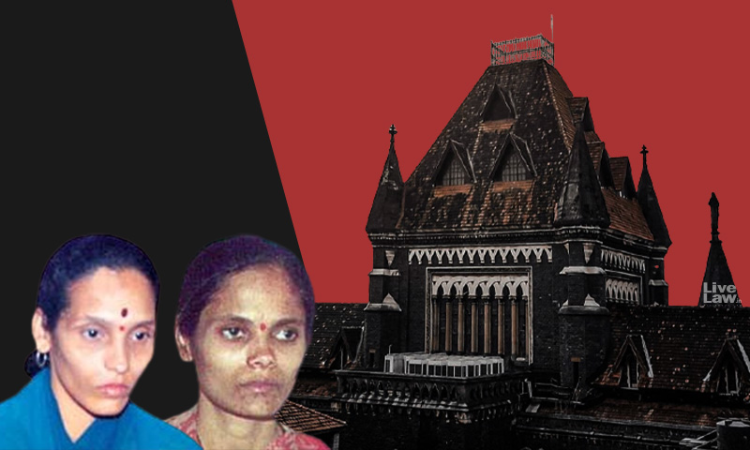'Mercy Petitions Not Decided For Over 7 Years' : Bombay High Court Commutes Death Penalty Of Two Women
Sharmeen Hakim
18 Jan 2022 12:56 PM IST

Next Story
18 Jan 2022 12:56 PM IST
Twenty-one years after half-sisters Renuka Shinde and Seema Gavit were sentenced to death for kidnapping 13 children and murdering at least five of them, and 16 years after the apex court upheld the verdict, the Bombay High Court has commuted their sentence to life imprisonment. A division bench of Justices Nitin Jamdar and Sarang Kotwal cited the inordinate delay in disposing of their...
